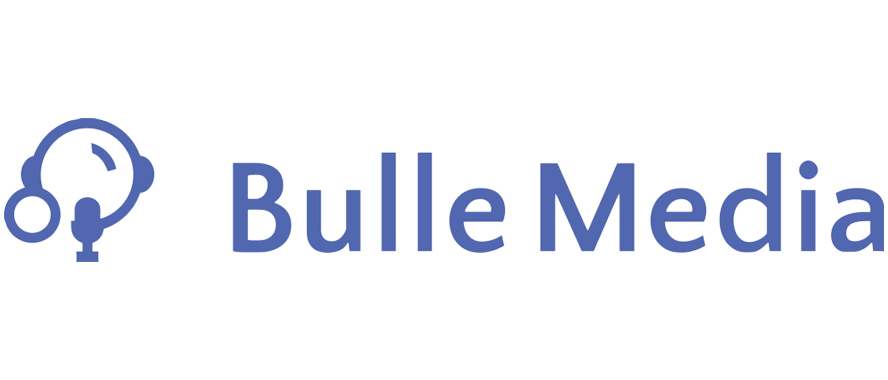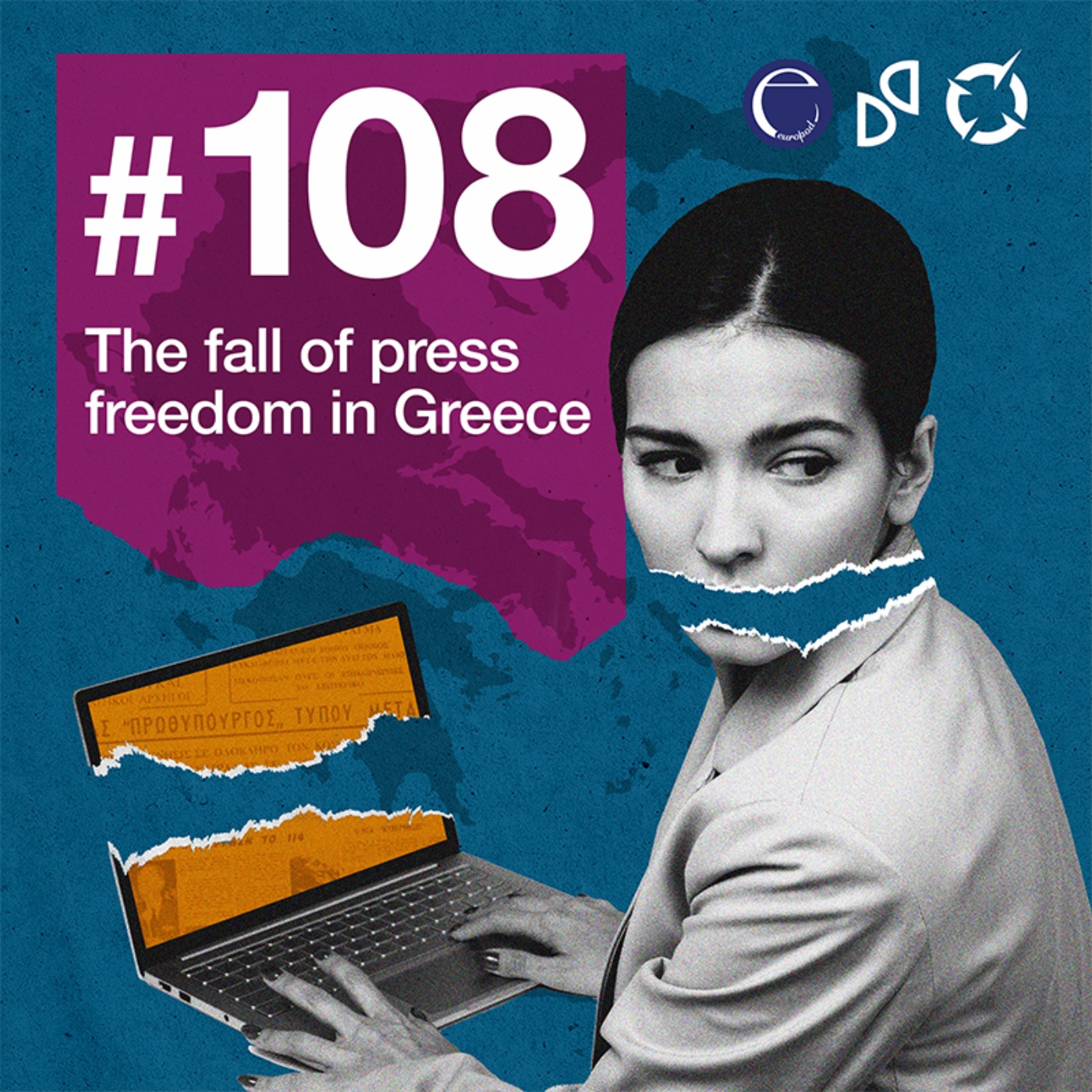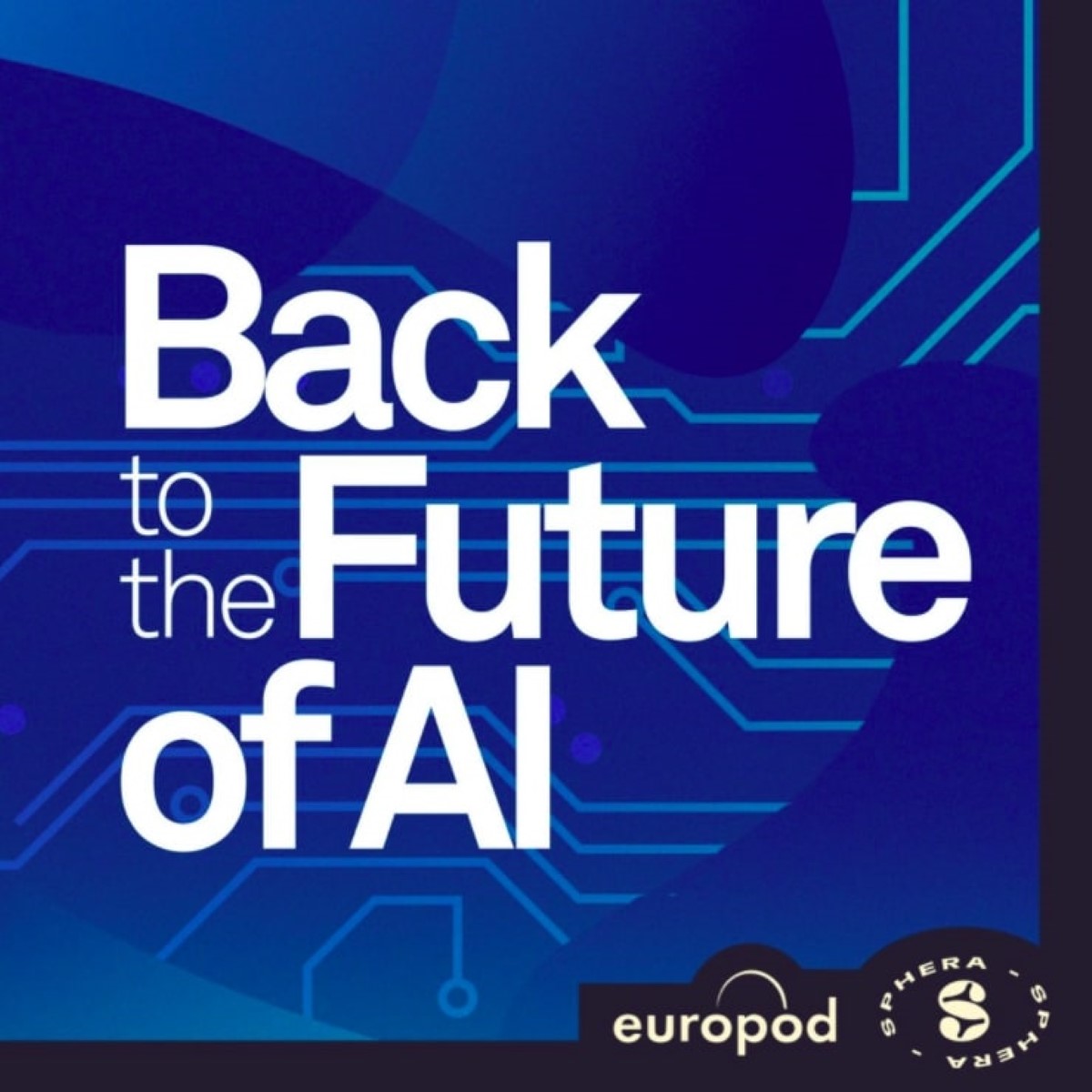Sueños de agua y sal es una serie de podcast inspirada en cinco historias reales de mujeres que han tenido que migrar a España por diferentes motivos. Mediante la combinación de testimonios reales con ficción sonora, descubrimos un pedacito de sus vidas y de las dificultades que las atraviesan.
Faten no sabía que un día dejaría Irak para convertirse en refugiada, que huiría con su marido y sus cuatro hijos de Erbil, recién parida, y con una cicatriz que le recordaba las bombas, que se sucedían en diferentes puntos del país. Se lanzaron al agua en una lancha sin tener muy claro si saldrían con vida. Ahora, con una nueva vida en Aragón, rememoran ese viaje y tratan de adaptarse a los desafíos del presente.
Sueños de agua y sal. Una producción sonora para Sphera Podcast Contest ofrecida por Marta Villarte y Aurora Martínez. Escucha el desenlace de esta historia en el capítulo 6, disponible en Europod y plataformas de streaming.
En este capítulo han puesto su voz: Montse Galve como Faten, Dani Calavera, Aurora Martínez, Raquel Sanz, Daniel Zueco, Miguel Remiro, Xavi Hernando, Eduardo Sanz y Natalia Alcalde, portavoz del grupo Ayuda a Refugiadxs de Zaragoza. Música original por Camille, interpretada por Raquel Sanz y Miguel Remiro.


